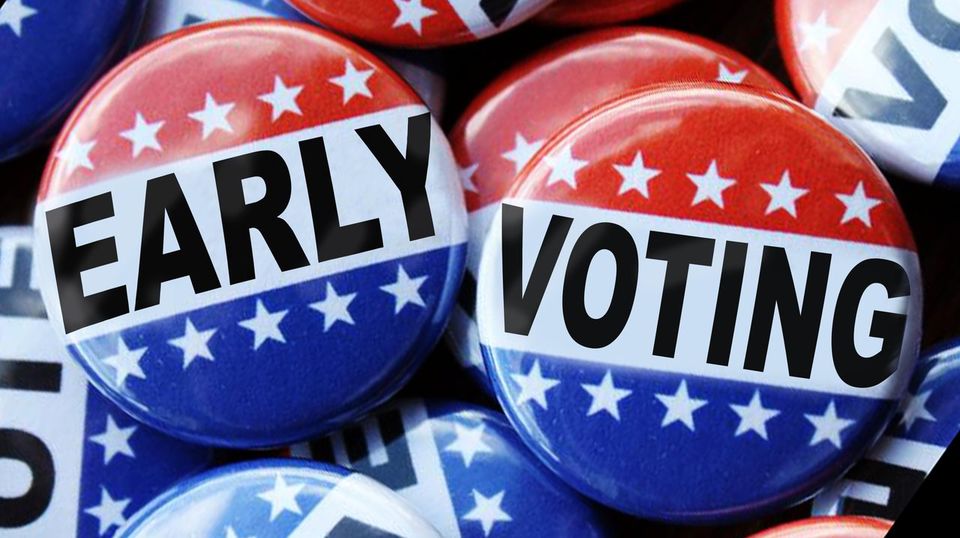

Governor Ned Lamont today signed legislation into law creating a system of early voting for general elections, special elections, and primaries in Connecticut.
The legislation, Public Act 23-5, requires 14 days of early voting for general elections, 7 days of early voting for most primaries, and 4 days of early voting for special elections and presidential preference primaries. It will apply to elections and primaries that occur on or after January 1, 2024. Every municipality in the state will be required to establish at least one early voting location and has the option of establishing more.
Connecticut is one of the last states in the nation to adopt a system of early voting. Now that Governor Lamont has signed this bill, the only states that do not permit early voting are Alabama, Mississippi, and New Hampshire. All other states allow it.
“Encouraging voters to cast a ballot in elections must be a priority for any functioning democracy, and expanding the hours that voters can cast a ballot will give more people an opportunity to get to their polling place and vote,” Governor Lamont said. “In today’s economy, it is not realistic to expect every eligible voter to travel in person to one specific location during a limited set of hours on a Tuesday to cast their ballot. Nearly every other state in our country has early voting, and I am glad that Connecticut is finally joining them. Based on the results of last year’s election during which Connecticut voters were asked whether they want early voting, it is clear that this is something people here are demanding. I applaud the bipartisan members of the General Assembly who voted to send this bill to my desk, and I thank the advocates – including former Secretary of the State Denise Merrill and Secretary of the State Stephanie Thomas – for their efforts to work with our municipalities to create this system. I am glad to put my signature on this bill.”
The bill passed the House of Representatives on May 4, 2023, on a bipartisan vote of 107-35, with nine people absent. It passed in the Senate on May 31, 2023, on a bipartisan vote of 27-7, with two people absent.